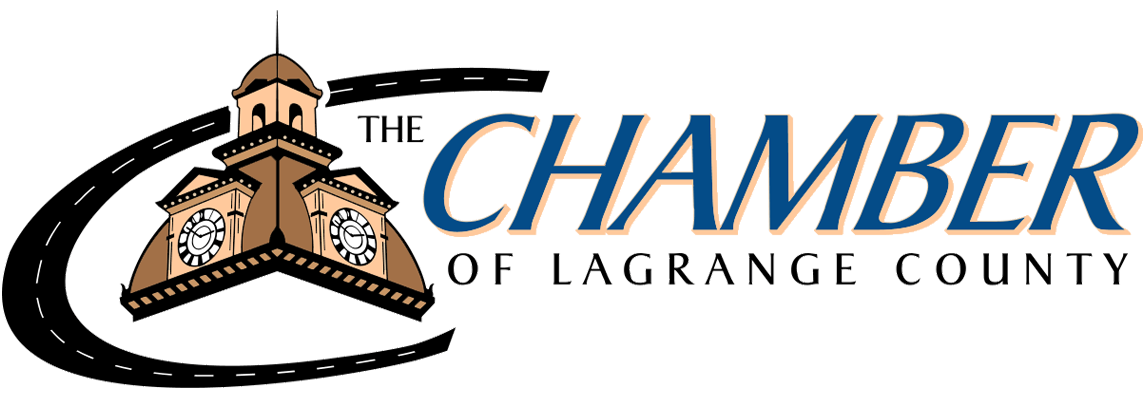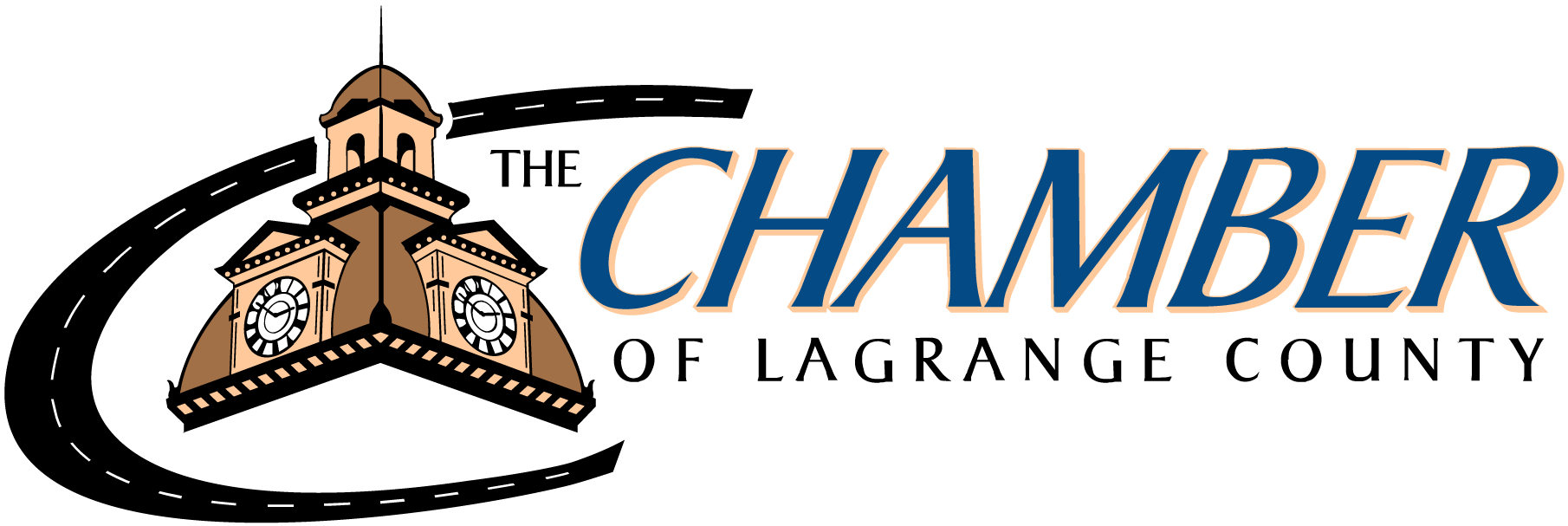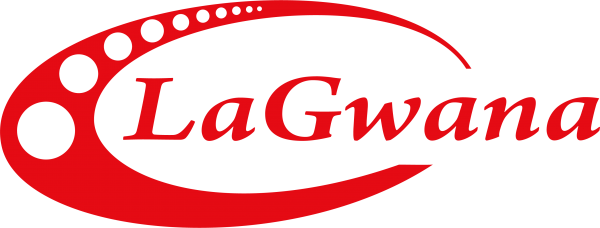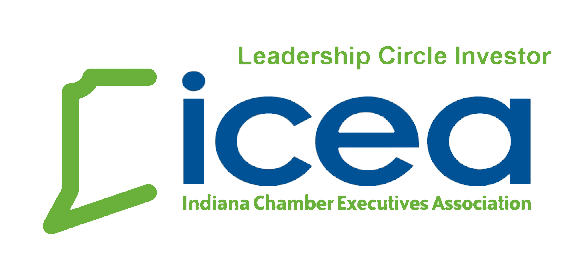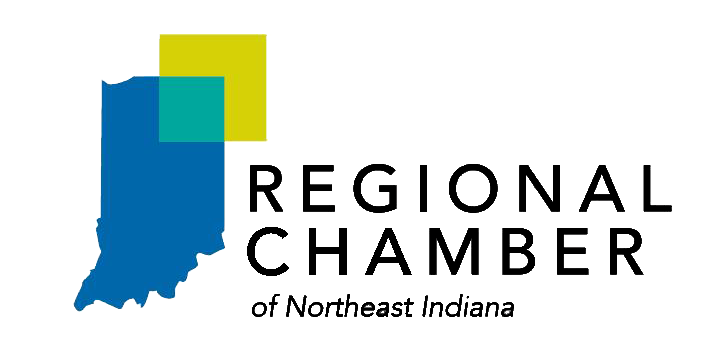LEGISLATIVE REPORT - 'Health First Indiana' Launches, Childcare and Nursing Bills Advance
Chamber Calls on Business Community to Take 'Health First Indiana' Pledge
The Indiana Chamber of Commerce and its Wellness Council of Indiana (WCI) are urging businesses and organizations to engage with their local health departments as a statewide push begins to get Hoosiers healthier.
Health First Indiana, passed by the 2023 Indiana General Assembly, provides $225 million in funding over two years to county health departments to prioritize public health and safety. To launch the engagement part of the initiative, which includes a pledge act, we joined the Indiana Department of Health for activities yesterday during Public Health Day at the Statehouse.
The Indiana Chamber and WCI believe that health is wealth. We applaud the state’s investment in its public health infrastructure through Health First Indiana, which will lead to a healthier Indiana and ultimately support the state’s ability to attract and retain business.
Health First Indiana focuses on offering core public health services, including infant health, chronic disease prevention, trauma and injury prevention, and more.
"A healthy, thriving workforce is paramount to the prosperity of the state’s economy,” says State Health Commissioner Lindsay Weaver, M.D., FACEP. “I’m grateful for the partnership with the business community and for the leadership of the Indiana Chamber of Commerce in its support of Health First Indiana.”
The Indiana Chamber views the aspiration of having healthy and prosperous communities and citizens so vital that it’s one of the six pillars of its recently released long-term visioning plan for the state, Indiana Prosperity 2035. Two of the organization’s long-term goals are to reduce smoking levels to less than 15% of the state’s population and obesity levels to less than 20%.
Businesses are encouraged to be part of the process and take the Health First Indiana Pledge. This entails establishing a series of goals intended to create community partnerships through collaboration and communication with local health departments and more.
Employers can find additional information on the Health First Indiana Pledge Act at www.indianachamber.com/healthfirst, while further details on the overall initiative are available at www.healthfirstindiana.in.gov.
Bills to Improve Childcare, Education Attainment Pass Out of Committee
SB 2, SB 8 / Chamber Supports
Senate Bill 2, authored by Sen. Ed Charbonneau (R-Valparaiso), passed the House Family Children and Human Affairs Committee unanimously this week with the Chamber and a broad-based coalition of advocates testifying in support.
With employers across Indiana increasingly citing childcare among their top external workforce barriers, the Chamber has made increasing childcare accessibility and affordability a top policy priority for the past two legislative sessions. Senate Bill 2 contains several Chamber-backed provisions that include accelerating efforts to remove regulatory barriers to expanding childcare access while maintaining essential safety standards, creating greater flexibility for innovative childcare models, increasing support for childcare workers and hard-to-serve childcare deserts, and ensuring greater data transparency and return on investment reporting regarding the state’s investments in early learning.
The bill now heads to the House Ways and Means Committee for consideration next week.
Senate Bill 8, authored by Sen. Jean Leising (R-Oldenburg), passed the House Education Committee this week, also via a unanimous vote, with strong support from the Chamber.
In a talent-driven economy, there is perhaps no metric that matters more than increasing the number of Hoosiers completing education and training beyond high school. Senate Bill 8 aims to make the attainment of postsecondary credentials easier and more affordable for both Indiana high school students and working-age adults. The bill’s key provisions include 1) requiring high schools to offer the core college-level courses that satisfy the first-year course requirements of most degree programs, 2) streamlining the "reverse transfer" process for granting two-year associate degrees to individuals who completed the requisite credits at a four-year college, and 3) increasing the availability of accelerated bachelor's degree programs that can be completed within three years at the state’s universities.
The bill is now expected to return to the full House for consideration on a second reading.
Legislation Addressing Nursing Shortage Passes Senate
HB 1259 / Chamber Supports
Earlier this week, the Senate passed House Bill 1259, authored by Rep. Brad Barrett (R-Richmond), which helps address our lack of nurses, which is a growing crisis in Indiana. This challenge could become a severe impediment to access to health care, which is an important metric in the Chamber’s Indiana Prosperity 2035 plan.
Indiana faces a growing nursing shortage with thousands of open positions each year. To address this critical need, HB 1259 seeks to expand the nursing workforce by streamlining licensure for foreign-educated nurses and increasing on-the-ground training opportunities.
Building on a 2022 nursing bill, HB 1259 proposes giving hospitals the flexibility to waive an 18-month clinical experience requirement for instructors. Proponents argue this will allow more experienced nurses to mentor student nurses, ultimately increasing the number of graduates entering the workforce.
The urgency for action is undeniable. Testimony in both chambers mentioned the staggering amount of open nursing positions statewide, a number expected to rise with an aging population requiring more complex care. House Bill 1259 represents a potential step towards alleviating this pressure and ensuring Hoosiers have access to quality health care.
We applaud the Indiana General Assembly for focusing on this issue and look forward to continuing to address it in future years. The bill now moves back to the House, where it will be eligible to be concurred upon.
Quality of Place Initiative Stalls Out
SB 61 / Chamber Supports
House Ways and Means Chair Rep. Jeff Thompson (R-Lizton) announced this week that Senate Bill 61 would not be considered by the committee. The bill would allow a community to consider a petition to create a tourism improvement district (TID) and levy assessments from within the district to support local tourism.
Until last week, there was little opposition to the proposal. The state director for the National Federation of Independent Business (NFIB) raised concerns over the bill, stating that the organization had surveyed its members and found little support for the idea. The main objection was the level of support required to pursue a TID. The bill requires 65% of businesses within the district as well as the owners of 65% of the assessed value in the district to support the petition. The NFIB argued that this threshold was not sufficient to protect the remaining business owners who may be opposed to paying an assessment or who may not benefit from increased tourism.
The Chamber disagrees with this characterization of the bill, however. The 65% threshold is improved from the introduced version of the bill, which required only 50% of the total number of businesses within the proposed district to support the petition. It’s fair to say that not all businesses may directly benefit from the investments in the district. However, the legislation requires the assessments to be levied proportional to the benefits a business might receive from the investments. This provision would protect an insurance agency or auto mechanic that receives little or no benefit from local tourism from contributing to the activities in the district.
This is just the second time this legislation has been introduced, and the Chamber looks forward to working during the interim to help resolve these conflicts and build a coalition to support this concept in the next legislative session.
PFAS Definition Still Working its Way Through the Legislature
HB 1399 / Chamber Supports
Legislation authored by Rep. Shane Lindauer (R-Jasper) is intended to clarify the existing Indiana definition of PFAS chemistries. The Chamber supports the bill, which requires the Environmental Rules Board to use the definition in certain rules concerning industrial processes and research and development.
There has been confusion over the complex chemical makeup of a class of chemistries that has been lumped into the broad term PFAS. The definition currently in the Indiana Code is based on the more hazardous soluble firefighter foam that degrades and can accumulate/permeate water, soil, and cells.
However, non-soluble PFAS is an important product that is safer and used in various industries and products including medical devices, pharmaceuticals, metals, automotive applications, batteries, food packaging, and more. There is no commercially viable alternative chemistry currently available to replace it. In addition, it would take a significant amount of regulatory work and time to get such a replacement approved for use in most products.
The bill passed the House Environmental Affairs Committee 7-5 and the full House by a vote of 64-30 during the first half of the legislative session. It was heard in the Senate Environmental Affairs Committee earlier this week; the vote is expected to occur on Monday.
Lawmakers Advance Legal Reforms
SB 226 / HB 1090 / HB 1160 / Chamber Supports
The session of proactive legal reform legislation continued this week – mostly all positive news for business.
No need to bury the lede, seatbelt admissibility legislation is one step closer to becoming law after the Senate passed the measure 36-13; the culmination of over 20 years of concerted effort. House Bill 1090, authored by Rep. Jim Pressel (R-Rolling Prairie), will allow juries to hear whether the victim of a vehicle accident was wearing a seat belt at the time of the crash. Employers are often brought into personal injury lawsuits by victims regardless of how remote their involvement in the accident actually was because they're considered to have "deep pockets." More than 90% of Hoosiers wear seat belts today, and HB 1090 is the result of compromise discussions among the plaintiffs and defense. If successful, there would be no better send-off for the soon-to-retire Rep. Jerry Torr (R-Carmel) than getting this bill across the finish line as he has been working on this and other legal reform issues since joining the Legislature in 1995.
Speaking of Rep. Torr, he is the sponsor of Senate Bill 226 on attorney's fees, authored by Sen. Mike Gaskill (R-Pendleton), which took a surprising route to second reading this week. The bill provides a much-needed update to a 1995 statute pertaining to qualified settlement offers that have become practically useless given current-day legal practices. After the House Judiciary Committee passed the bill unanimously last week, a legislative fiscal analyst slapped a $1 million price tag on it, causing it to go to the Ways and Means Committee. Fortunately, on Wednesday, Rep. Torr explained to the budget-oriented committee that the bill might actually save the state money. The committee agreed and passed the bill with bipartisan support 22-0.
Finally, the Senate Judiciary Committee amended and then passed unanimously House Bill 1160, authored by Rep. Matt Lehman (R-Berne), on civil proceeding advance payment contracts and commercial litigation financing. As covered in previous Legislative Reports, the bill expands the third-party lawsuit lending statute to commercial litigants. At issue was the extent to which lawmakers would permit foreign funds from being invested in Indiana lawsuits. After its amendment, HB 1160 precludes foreign adversaries from investing in lawsuits filed in the state but will allow “friendly” countries to fund plaintiffs’ claims.
The bill now heads to the full Senate, but Rep. Lehman and the Chamber are unconvinced it is in an acceptable form. The Chamber has communicated to legislators that all parties – and the court – should know at the outset via automatic disclosure whether any foreign money is involved in the lawsuit. Third-party funding is a means to increase claims against employers. While the Chamber is not opposed to the practice in principle, we feel that maximum transparency about who has a financial interest in the lawsuit’s outcome is in the best interest of all parties and the judicial system as a whole.
Senate Passes Dangerous Assignment of Benefit Legislation
SB 132 / Chamber Opposes in Part
After a pair of amendments to remove Chamber-opposed language failed on tie votes, the House Insurance Committee passed Senate Bill 132, authored by Sen. Liz Brown (R-Fort Wayne). This bill contains a provision regarding the assignment of benefits (AOB) for dentists that runs contrary to the Chamber’s longstanding position opposing such legislation.
The Chamber testified in opposition to the dental AOB provisions of SB 132 along with the Indiana Manufacturers Association, Indiana Insurance Institute, and the National Association of Business and Insurance Professionals. The Chamber believes AOB could weaken or destroy healthcare networks that negotiate on behalf of employers, individuals, and other private payers with medical providers to provide health care at reasonable rates.
As a reminder, AOB is the practice by which insurers would be compelled to make reimbursements directly to out-of-network medical providers, eliminating much of the incentive for providers to agree to reduce rates to join a network. Non-contract/out-of-network care providers insist they find it difficult to collect payment for insured individuals after the patient has been reimbursed by the health plan. Some dentists want the ability to receive direct payment (a benefit of joining the network) without joining the network and adhering to the patient protections/cost savings it provides.
Currently, there is little way for an individual to negotiate prices directly with a medical provider. Without health networks to negotiate rates on behalf of an individual, there are few economic forces to regulate prices set by medical providers. Maintaining the integrity of health insurance networks is critical to the employer’s ability to be able to provide employee benefits at a reasonable cost to attract and retain quality employees.
This legislation now moves to the full House, where the Chamber will continue to work with legislators and allies to amend this dangerous language.
